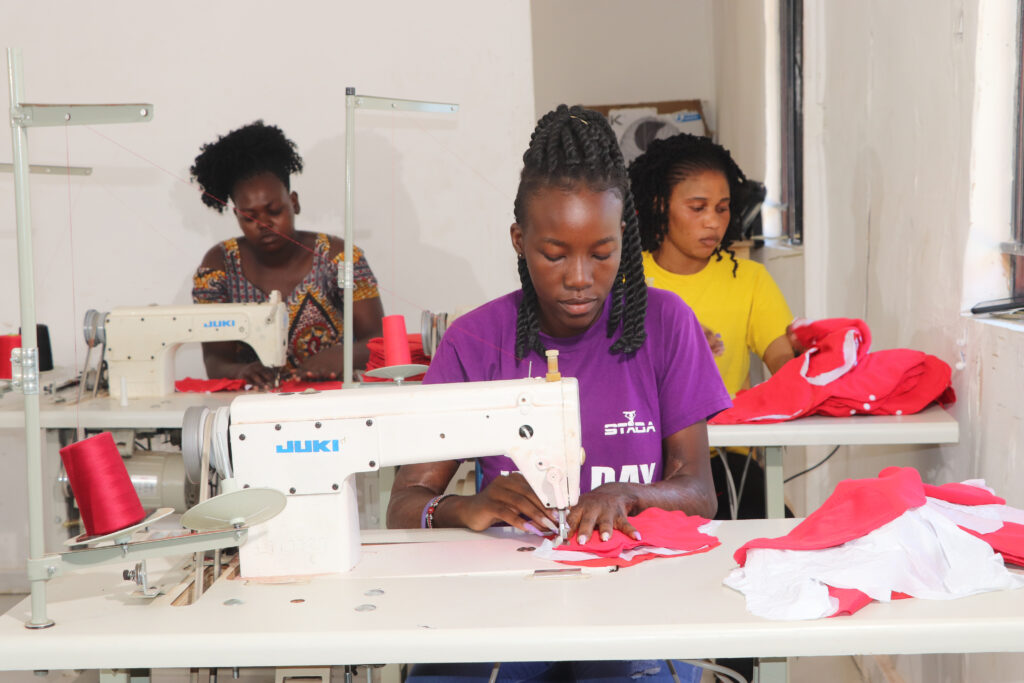This powerful message from Catherine at Lifewater R.E.S.C.U.E Kenya highlights the harsh reality of period poverty and the desperate measures many girls are forced to take when they lack access to proper menstrual hygiene management (MHM). The video sheds light on the shame, stigma, dangers, and difficult choices young women face — and why awareness, support, and sustainable solutions are urgently needed.
As part of the solution, Lifewater Canada distributes washable/reusable sanitary pads called “Dignity Kits” at health and hygiene workshops, ensuring menstrual periods do not stop girls from attending school and realizing their potential. Small but mighty, these “Dignity Kits” contribute to the global fight to end period poverty.
We provide women and girls with “Dignity Kits” consisting of 4-5 reusable pads packaged in a durable zippered bag. Along with the kits, health and hygiene seminars focusing on women’s health are held, offering valuable education on menstrual hygiene management (MHM). These efforts are enabling girls to stay in school, remain healthy, and avoid the risks of teenage pregnancies and infections.
Empowering women and girls through the distribution of Dignity Kits is part of Lifewater Canada’s broader sanitation work, which also includes building latrines and handwashing stations and delivering essential health and hygiene education. Together, these initiatives ensure that women and girls have the tools they need to live healthier, more dignified lives.

After the success of our pilot program in Kenya, we successfully launched similar initiatives in Liberia and Nigeria in 2025, bringing this much-needed program to all three African nations we work in! The number of Dignity Kits provided to women and girls at community Health and Hygiene workshops are shown below.
We are thankful for the generous support of these donors in helping provide Dignity Kits to women and girls across Kenya, Liberia, and Nigeria.
Giving Tuesday 2025
Peterborough, ON
Orilla, ON
Alliston, ON
Rosseau, ON
USA
Victoria, BC
Ottawa, ON
Mono, ON
Calgary, AB
In honour of Lorraine, Sneh Lata Puri, Harjit Puri, and Suniel. Happy Birthday!
Tweed, ON